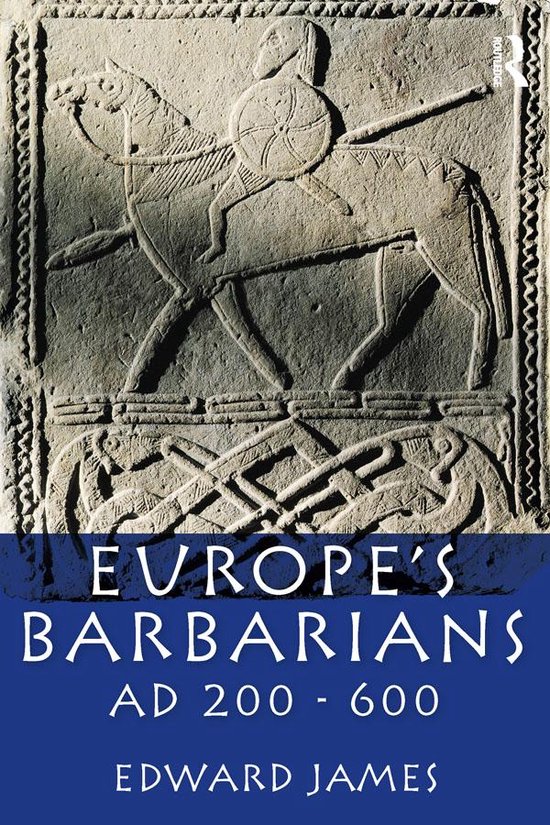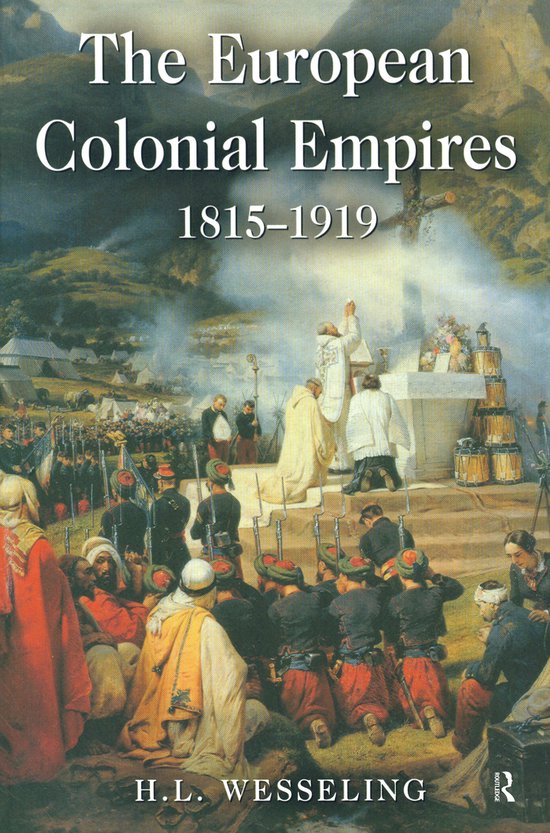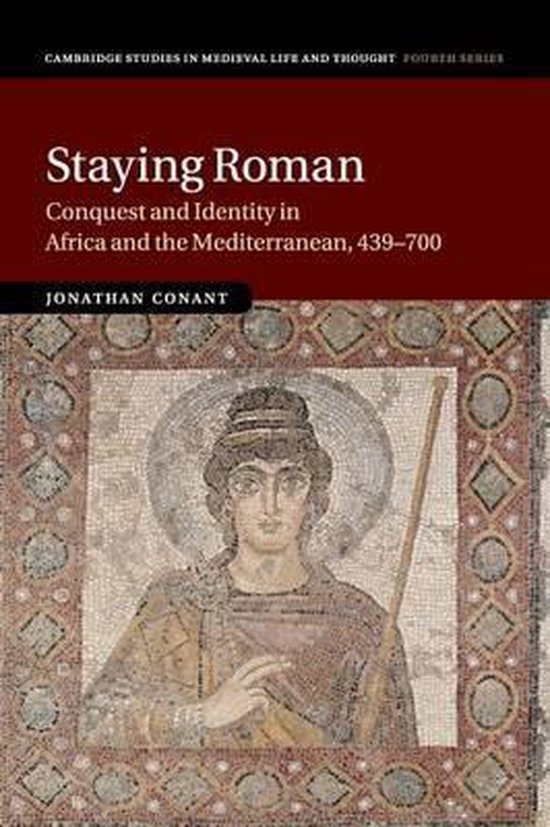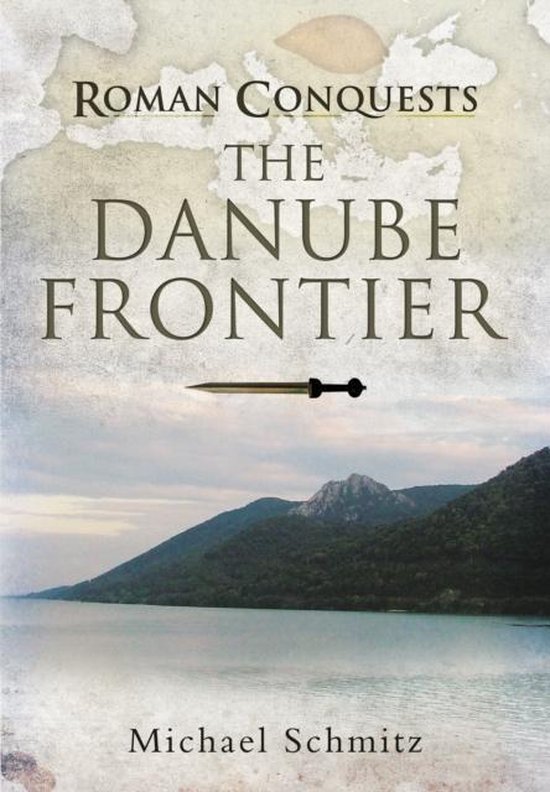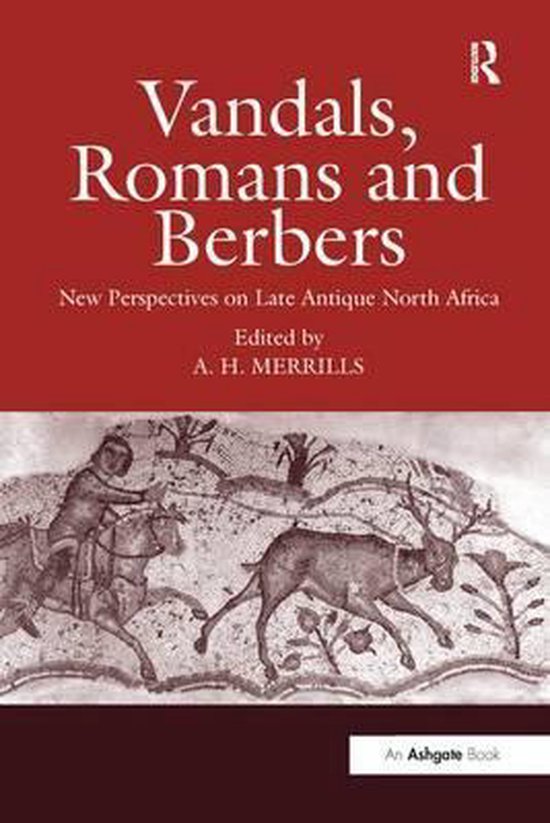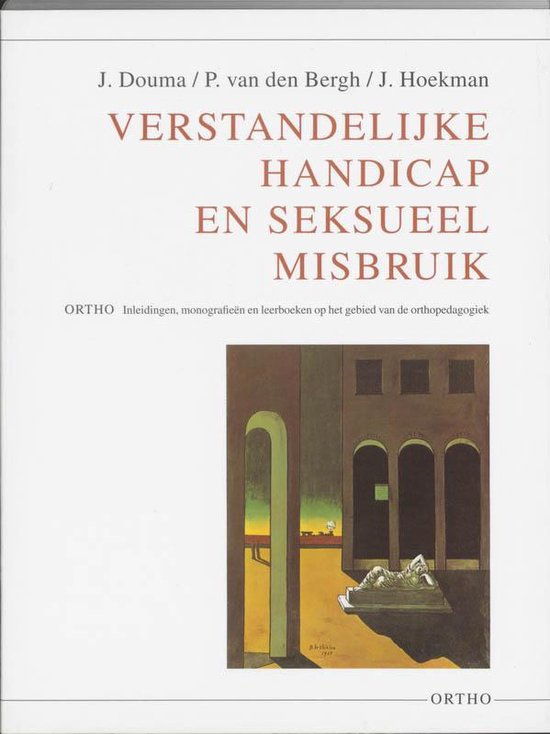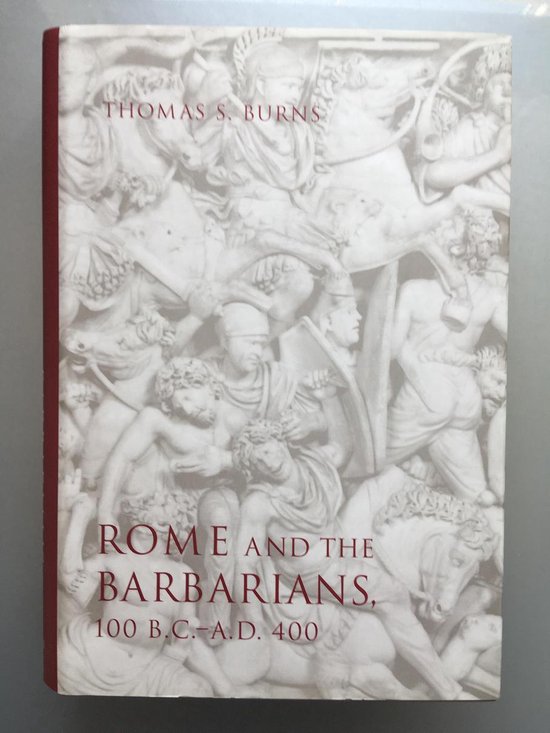
Rome and the Barbarians, 100 B.C.-A.D. 400
The barbarians of antiquity, so long a fixture of the public imagination as the savages who sacked and destroyed Rome, emerge in this colorful, richly textured history as a much more complex—and far more interesting—factor in the expansion, and eventual unmaking, of the Roman Empire. Thomas S. Burns marshals an abundance of archaeological and literary evidence, as well as three decades of study and experience, to bring forth an unusually far-sighted and wide-ranging account of the relations between Romans and non-Romans along the frontiers of western Europe from the last years of the Republic into late antiquity.
"Anyone who has struggled to convey to a class the manifold ways in which the establishment of a legionary fortress revolutionized the life of a region will envy Burns' pedagogical fluency."—Bryn Mawr Classical Review
"I recommend the book highly as an informed, up-to-date, and well-written review of a huge amount of data, easily readable and well referenced."—International History Review
"[A] book that will delight both academics and their students."—Ancient West and East
"A remarkably even-handed portrait of Roman-northern action and reaction."—Classical Review
Thomas S. Burns is the Samuel Candler Dobbs Professor of History at Emory University. His many books include The Ostrogoths: Kingship and Society; A History of the Ostrogoths; Barbarians within the Gates of Rome: Roman Military Policy and the Barbarians; and, with John W. Eadie, Urban Centers and Rural Contexts in Late Antiquity.
The barbarians of antiquity, so long a fixture of the public imagination as the savages who sacked and destroyed Rome, emerge in this colorful, richly textured history as a much more complex-and far more interesting-factor in the expansion, and eventual unmaking, of the Roman Empire. Thomas S. Burns marshals an abundance of archeological and literary evidence, as well as three decades of study and experience, to bring forth an unusually far-sighted and wide-ranging account of the relations between Romans and non-Romans along the frontiers of western Europe from the last years of the Republic into late antiquity. Looking at a 500-year time span beginning with early encounters between barbarians and Romans around 100 B.C. and ending with the spread of barbarian settlement in the western Empire around A.D. 400, Burns removes the barbarians from their narrow niche as invaders and conquerors and places them in the broader context of neighbors, (sometimes bitter) friends, and settlers. His nuanced history subtly shows how Rome's relations with the barbarians-and vice versa-slowly but inexorably evolved from general ignorance, hostility, and suspicion toward tolerance, synergy, and integration. What he describes is, in fact, a drawn-out period of acculturation, characterized more by continuity than by change and conflict and leading to the creation of a new Romano-barbarian hybrid society and culture that anticipated the values and traditions of medieval civilization.
| Auteur | | Thomas S. Burns |
| Taal | | Engels |
| Type | | Hardcover |
| Categorie | | Geschiedenis |
